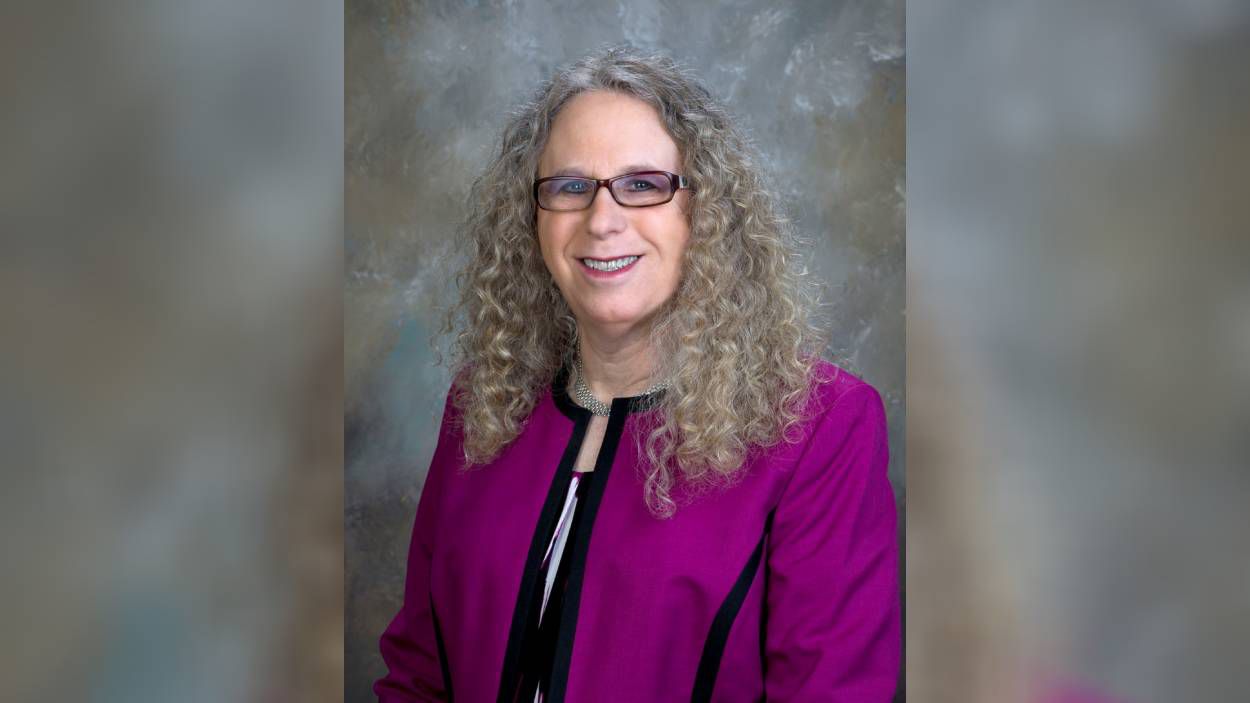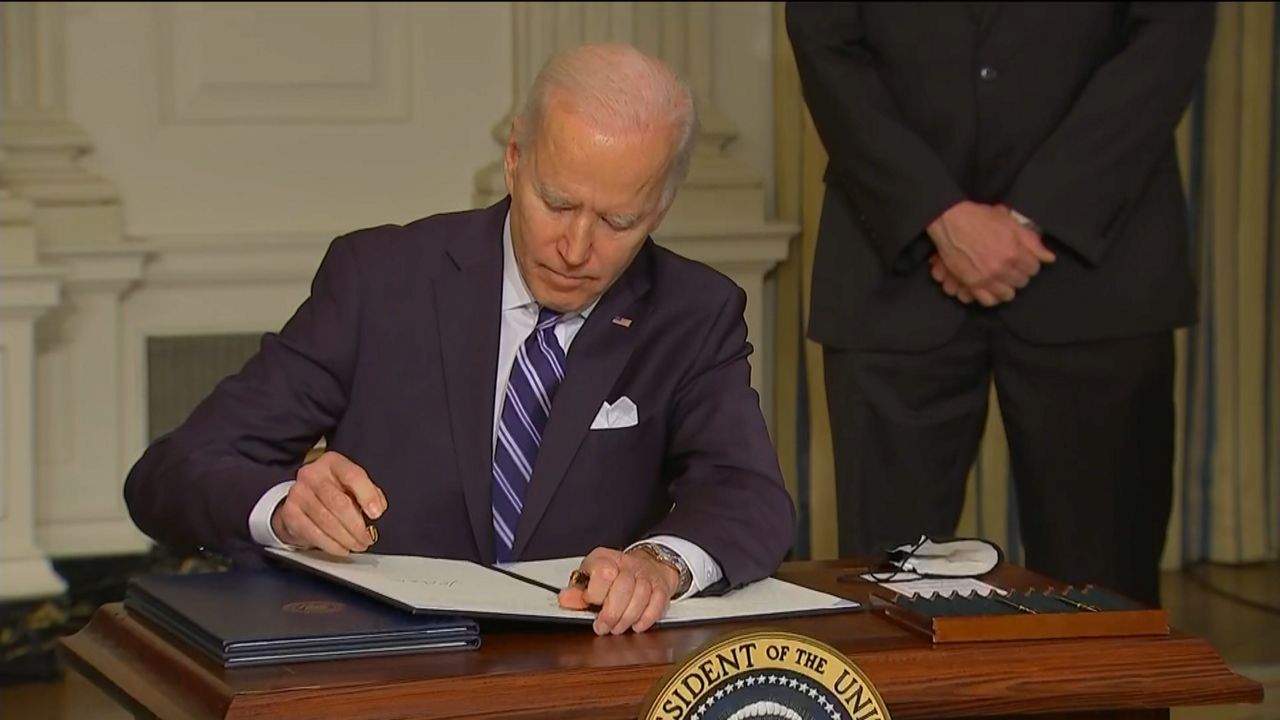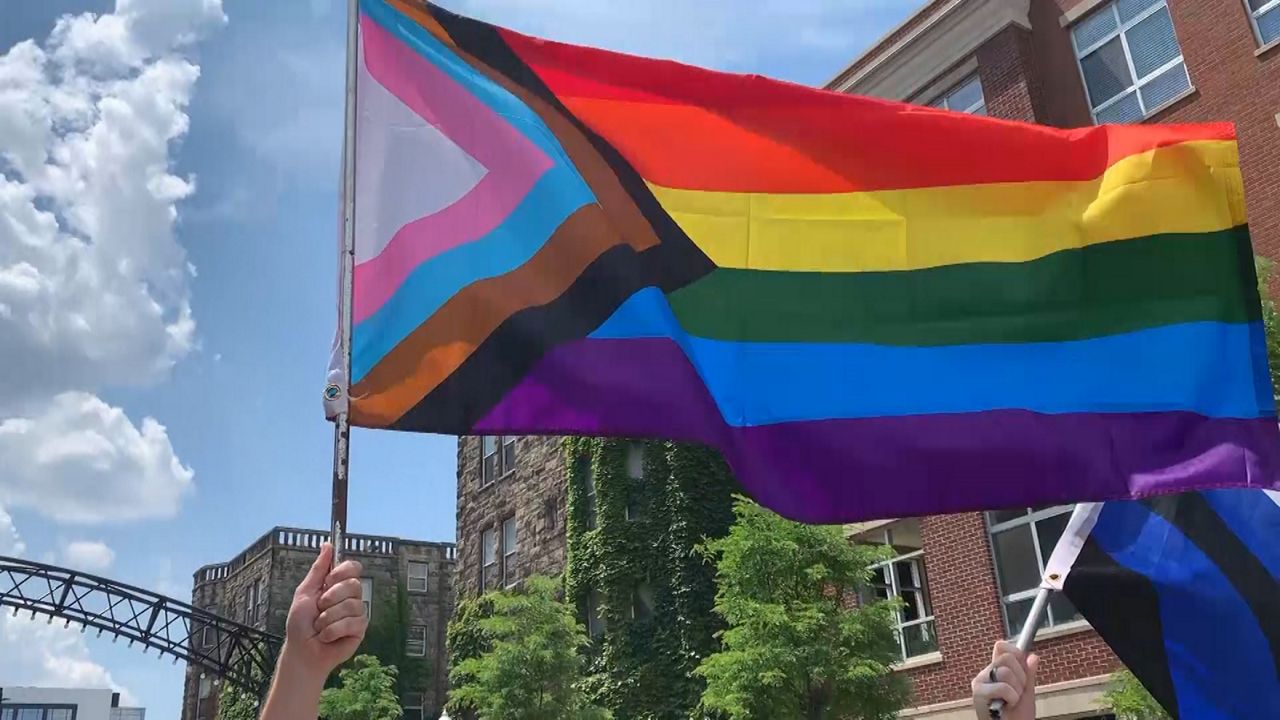CLEVELAND — Michelle Hoffman is a resident physician at Ohio Health who is also nonbinary and uses they/them pronouns.
“I don't identify with my gender assigned at birth, which was female, and, but I also don't strictly identify as male. Like I'm, it's not the black or white for me, it's somewhere in the gray,” Hoffman said.
Hoffman went into the health care profession before fully realizing their identity.
Fearful of how people may perceive them, they persevered in hopes of changing lives.
“Seventy or 80% of people admit to not knowing a transgender person in real life, which is huge. And so my opportunity to be that person for people to say like, 'Hey, I'm like normal,' and this is why this matters. And hopefully, change some of their opinions. They can change the opinions of their friends, sort of that ripple effect,” Hoffman said.
Mimi Rivard and Teagan Vaughn lead the gender-affirming care program at Equitas Health, a regional nonprofit health system serving the health care needs of LGBTQ+ people.
Vaughn is a transgender woman.
Like Hoffman, she initially had fears of going into health care, too.
“I was told when I went to interview at the pharmacy school where I did my training, I was told by one of the chaperones on the day that if I didn't cut my hair short, they would fail me automatically. Which as you may imagine is not something that I did. And for a lot of people, including myself, that can be very intimidating,” Vaughn said.
Mimi Rivard said one would think health care would be very inclusive because the profession is based on the principle: do no harm.
But Rivard said the medical field still has a long way to go.
“Our patients have faced unprecedented discrimination and frankly abuse from the medical system throughout their lives. It's not uncommon for us to see folks come in for gender-affirming care who haven't been seen by a medical provider in 15 years. Until we can bring everyone in and do no harm, we haven't achieved our goal in medicine,” Rivard said.
But with the nomination of Dr. Rachel Levine to be assistant health secretary, these health care workers are hopeful she’ll serve as a beacon of light for the medical community.
“Kids don't dream about becoming something that they can't see. Hopefully, it will be a role model for so many trans kids. So like you can literally do anything. And then for the people who are cisgendered or maybe know nothing about the trans community, or maybe had negative opinions initially will see just a normal, awesome person. And that the transgender part really doesn't matter that much when it comes to doing your job,” Hoffman said.
“I think a lot of people of trans experience view themselves as second class citizens in certain ways through different legal procedures or different sorts of laws or rules that affect them, different ways that they're allowed to navigate society. And I'm really happy that this nomination, I think, maybe a positive step forward,” added Vaughn.









